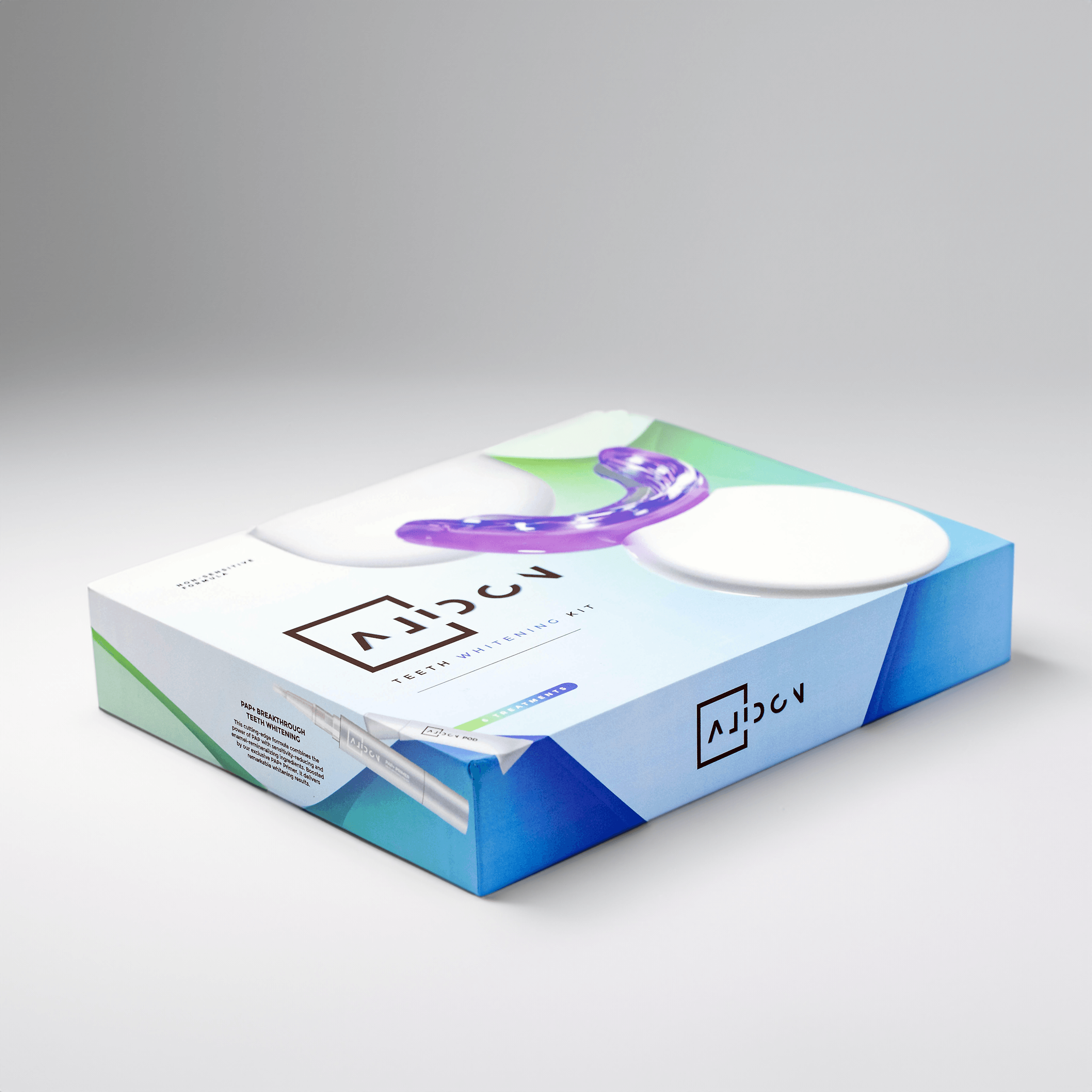Navigating Root Canal Treatment: What to Expect
Root canal treatment. Sounds scary, right? The name alone is enough to make anyone a tad nervous. But fear not, dear reader! Root canal procedures are incredibly common and with today's technology, much more comfortable than their reputation suggests. Let's demystify this procedure and walk through what you can expect when facing a root canal.
Why a Root Canal? Understanding the Basics
Deep inside each tooth lies the pulp, a soft tissue containing nerves and blood vessels. This pulp is essential during tooth development, but if decay or injury reach this inner sanctum, it can lead to infection and significant pain. A root canal is necessary to remove this infected or damaged pulp, preventing further complications and saving your natural tooth.
Think of it like this: when a cavity goes too deep, a simple filling won't cut it. You need to address the root of the problem, literally! That's where root canal treatment steps in to clean, disinfect, and seal the tooth, preventing further damage.
| Step | What Happens |
|---|---|
| Examination | Your dentist examines your tooth, often taking X-rays to assess the damage. |
| Anesthesia | Local anesthetic is used to numb the area, ensuring your comfort throughout the procedure. |
| Isolation & Preparation | A dental dam (a small sheet) isolates the tooth and keeps the area clean and dry. The dentist then creates an opening to access the pulp. |
| Cleaning & Shaping | Special instruments gently remove the infected or damaged pulp. The canals (hollow spaces within the root) are then cleaned and shaped. |
| Filling | The canals are filled with a biocompatible material called gutta percha, sealing the tooth and preventing reinfection. |
| Restoration | A temporary filling is placed. Once the root canal is complete, you'll return for a permanent filling or crown to restore full function. |
What to Expect During and After Your Root Canal
The procedure itself is often less intimidating than anticipated. Thanks to anesthesia, you'll remain comfortable throughout. You might feel some pressure or vibration during the cleaning and shaping phase, but it shouldn't be painful. Your dentist will guide you through each step, ensuring you feel at ease.
Following the procedure, some mild discomfort or sensitivity is normal, especially in the first few days. Over-the-counter pain relievers usually suffice, and your dentist might recommend a special toothpaste for sensitive teeth. It's crucial to follow their post-operative instructions carefully, including maintaining good oral hygiene to ensure proper healing.
Alidon: Your Partner in Post-Root Canal Care
Maintaining excellent oral hygiene is vital, especially after procedures like root canal treatment. Alidon offers a range of products designed to support your oral health journey, including:
- Stage 1 Mouthpiece: Designed for gentle yet effective cleaning.
- Smile Aligner Kit: Aligns teeth gently and gradually.
- Stage 2 Mouthpiece: Provides a deeper clean as your mouth adjusts.
- Stage 3 Mouthpiece: For maintaining a bright, healthy smile.
- Teeth Transformation Kit: A complete kit for a smile makeover.
- Teeth Whitening Kit: Safely and effectively brightens your smile.
Alidon products are vetted, tested, and trusted, providing you with peace of mind as you prioritize your smile. Remember, a root canal isn't the end of the world. It's a common procedure that can save your tooth and prevent further issues. By understanding the process and practicing excellent oral care with Alidon, you can face a root canal with confidence and enjoy a healthy, happy smile for years to come!
FAQs
What are some common signs I might need a root canal?
Persistent tooth pain, sensitivity to hot or cold, tenderness when biting, swelling or a pimple-like bump on the gums near the tooth, and tooth discoloration can all be indicators. However, only a dentist can diagnose the need for a root canal.
Is a root canal painful?
Thanks to modern dentistry, root canals are no longer the painful procedures they were once perceived to be. Local anesthesia ensures you're comfortable throughout the process. You may feel some pressure or vibration, but it shouldn't be painful.
How long does it take for a root canal to heal?
Most patients experience significant improvement within a few days. However, complete healing can take a few weeks. It's crucial to follow your dentist's post-operative instructions and maintain good oral hygiene for optimal healing.
How long does a root canal last?
With proper care, a root canal can last a lifetime. However, the tooth may still be susceptible to decay, so maintaining good oral hygiene and visiting your dentist regularly is crucial.
Are there alternatives to root canals?
While a root canal is often the best option to save a severely damaged or infected tooth, your dentist may discuss alternatives depending on your specific situation. However, extraction is usually the only other option, and keeping your natural teeth is always the preferred outcome.









